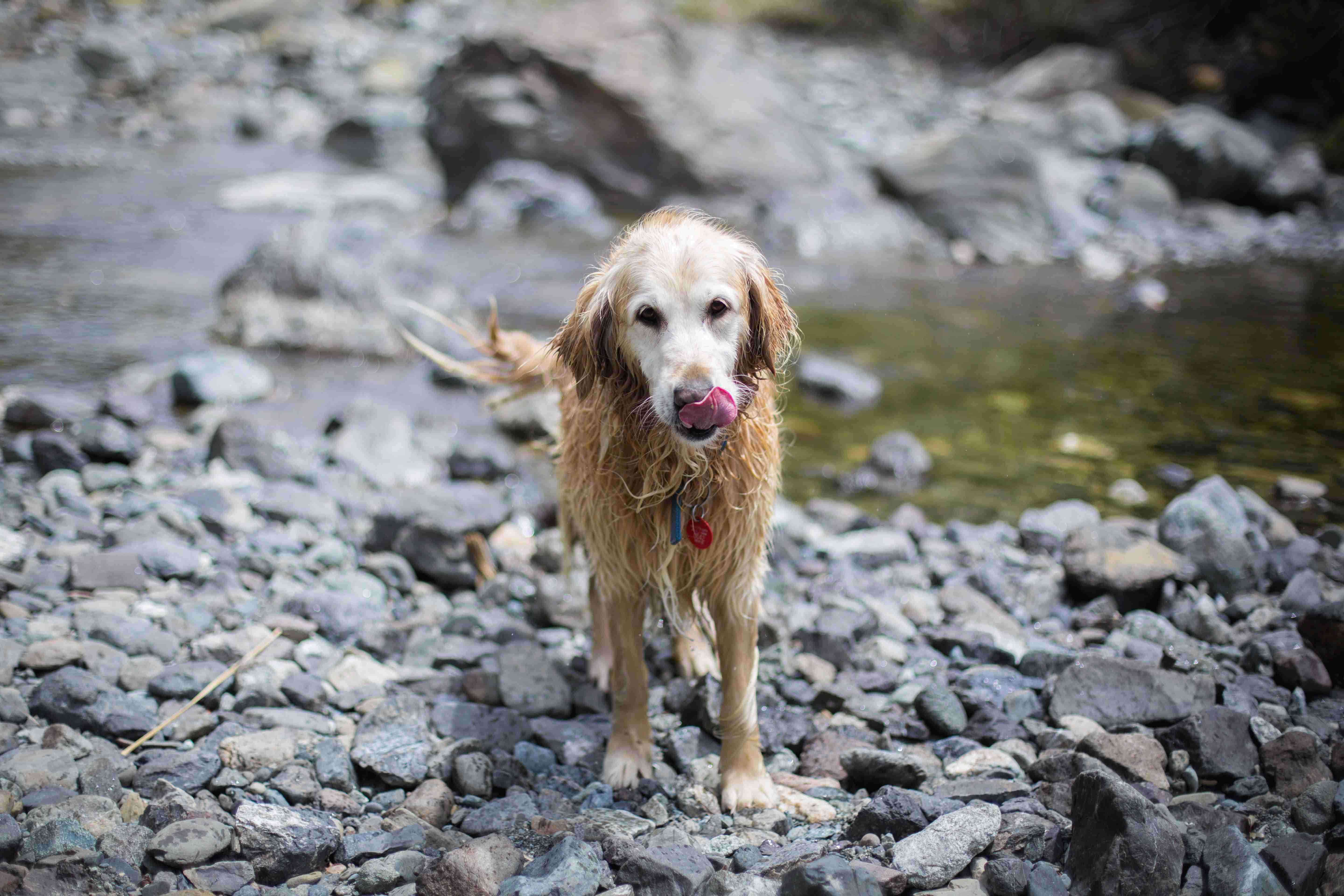German Shepherd puppies are known for their intelligence, loyalty, and affectionate nature. However, just like any other breed, they can develop separation anxiety, which can cause them to become stressed when left alone. Separation anxiety is a condition that affects many dogs, and it can be challenging to manage. If you’re a new German Shepherd puppy owner, you might be wondering how to prevent and manage separation anxiety in your furry friend. In this blog post, we’ll provide you with some valuable tips and tricks on how to prevent separation anxiety in German Shepherd puppies and ways to manage it if it does occur. So, let’s dive in!
German Shepherds are one of the most popular dog breeds in the world, and for good reason. They are intelligent, loyal, and make great companions. However, like any breed, German Shepherds can suffer from separation anxiety. Separation anxiety is a common behavioral problem in dogs, where they become distressed and anxious when left alone. This can manifest itself in a variety of ways, such as destructive chewing, excessive barking, and even self-harm. In this blog post, we will discuss how to prevent and manage separation anxiety in German Shepherd puppies.
What is Separation Anxiety?
Separation anxiety is a behavioral disorder that occurs when a dog becomes anxious or distressed when left alone. This can happen when their owner leaves the house, or even when they are in a separate room. German Shepherds are known to be particularly prone to separation anxiety, as they are a very social breed that thrives on human interaction.
Symptoms of Separation Anxiety:
The symptoms of separation anxiety can vary from dog to dog, but some common signs to look out for include:
– Excessive barking or howling
– Destructive behavior, such as chewing furniture or digging holes
– House soiling, even in house-trained dogs
– Attempts to escape from the house or crate
– Pacing or restlessness
– Self-harm, such as excessive licking or biting
Preventing Separation Anxiety in German Shepherd Puppies:
The best way to prevent separation anxiety in German Shepherd puppies is to start training them from a young age. Here are some tips to help prevent separation anxiety:
1. Gradual Separation:
Gradually getting your puppy used to being alone is key to preventing separation anxiety. Start by leaving your puppy alone for short periods of time, and gradually increase the time you are away. This will help your puppy learn that being alone is not a scary or traumatic experience.
2. Crate Training:
 - Copy.jpg)
Crate training can be a great way to prevent separation anxiety in German Shepherd puppies. Make sure the crate is comfortable and cozy, and provide your puppy with plenty of toys and treats to keep them occupied. Start with short periods of time in the crate and gradually increase the time.
3. Positive Reinforcement:
Positive reinforcement is a powerful tool in preventing separation anxiety. Reward your puppy for good behavior when you leave and return home, such as not barking or destroying anything. This will help your puppy associate being alone with positive experiences.
Managing Separation Anxiety in German Shepherd Puppies:
If your German Shepherd puppy is already experiencing separation anxiety, there are several things you can do to manage the problem. Here are some tips:
1. Exercise:
Exercise is important for all dogs, but especially for those with separation anxiety. Make sure your puppy is getting plenty of exercise and mental stimulation throughout the day. This will help them feel tired and relaxed when you are away.
2. Anti-Anxiety Medications:
In severe cases of separation anxiety, anti-anxiety medications may be necessary. Your vet can prescribe medication that can help calm your puppy and reduce their anxiety.
3. Professional Training:
If your puppy’s separation anxiety is severe, it may be necessary to seek professional help. A dog behaviorist or trainer can work with you and your puppy to develop a plan to manage their anxiety.
Separation anxiety can be a challenging problem to deal with, but it is important to remember that it can be managed. By starting training early and providing your puppy with plenty of exercise and mental stimulation, you can prevent separation anxiety from developing. If your puppy is already experiencing separation anxiety, there are several things you can do to manage the problem. With time, patience, and the right approach, you can help your German Shepherd puppy overcome their separation anxiety and become a happy and well-behaved companion.
In conclusion, separation anxiety in German Shepherd puppies can be a challenging issue to deal with, but with patience, consistency, and positive reinforcement, it can be prevented and managed effectively. Remember to start training early, gradually increase the time spent apart, provide plenty of exercise and mental stimulation, and never punish or scold your puppy for exhibiting anxiety. By following these tips and techniques, you can help your furry friend feel safe, secure, and happy even when you’re not around. With time and effort, you and your German Shepherd will develop a strong and trusting bond that will last a lifetime.


%20-%20Copy.jpg)
%20-%20Copy.jpg)
.jpg)
%20-%20Copy.jpg)
%20-%20Copy.jpg)

%20-%20Copy.jpg)